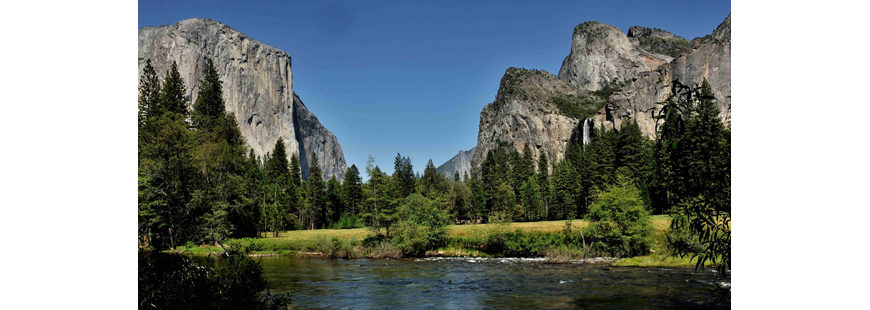In his 1977 book, The Unsettling of America, Wendell Berry identified two poles running through America’s engagement with its natural resources. These two poles he calls exploitation and nurture. “The exploiter is a specialist,” says Berry, “the nurturer is not. The standard of the exploiter is efficiency; the standard of the nurturer is care. The exploiter’s goal is money, profit; the nurturer’s goal is health – his land’s health, his own, his family’s, his community’s, his country’s.”
Berry, of course, is a Kentucky farmer, and his overriding concern is with land management and husbandry. But these same poles, or closely analogous ones, are discernible in today’s fights over fisheries management. The divisions are too many to enumerate, but one thinks of commercial vs. recreational; inshore vs. offshore; fly fishermen vs. users of traditional tackle; hippy environmentalists vs. rugged outdoorsmen. But these kinds of hard distinctions lead to policy vacillations, winner-takes-all fights at state, regional, and federal levels. And meanwhile its “Grab what you can while you can, and devil take the hindmost,” and the resources about which everybody claims to care, suffer.
The decision of Secretary of Commerce, Wilbur Ross, to extend the 2017 red snapper season in the Gulf of Mexico, for example, demonstrated a shortsighted concern for the economic impact of management policies on recreational fishing industry interests, at the expense of the longer-term health of the red snapper stock. Emails disclosed by subsequent litigation show that the Commerce Department knew full well that their decision would lead to overfishing, and thus set back the rebuilding of the stock by as much as six years, and they did it anyway.
Similarly, H.R. 200, the inaptly named “Strengthening Fishing Communities and Increasing Flexibility in Fisheries Management Act,” which was reported out of the House Natural Resources Committee on a strict party-line vote, would eliminate or weaken the very management provisions of the Magnuson-Stevens Act that have led to the ongoing recovery of so many of our nation’s fisheries, including red snapper in the Gulf of Mexico. It’s a paradigm case of the exploitation of a natural resource for the sake of short-term economic gain, and at the expense of the long-term viability of that resource. Exploiters vs. nurturers.
In 1903, a scion of the exploitation tradition, President Theodore Roosevelt, met with a leading figure of the nurturers, the naturalist John Muir, who served as guide as the two camped in Yosemite and talked at length around the campfire about conservation in America. Seeds planted on that trip would lead to Roosevelt establishing six national parks, 18 national monuments, and scores of national bird sanctuaries, wildlife refuges, and national forests – a durable legacy that we still enjoy, and proof of the good that can be done with balanced, long-term approaches to natural resource management.
Fisheries policy should not be as polarized as we have allowed it to become. Robust, rebuilt stocks are in the interest of all Americans, just as they belong to all Americans – whether they realize it or not, and whether they utilize the resource or not. But the policy landscape is not all destructive contentiousness either. It’s gratifying to note, for example, NOAA’s certification of LA-Creel in Louisiana, and it proves that ways forward are possible when state and federal agencies work together towards a common goal. It also demonstrates the flexibility of the Magnuson-Stevens Act and the council process, even as they stand.
There are indeed two traditions – exploitation and nurture – running through the history of American conservation. But America’s best and longest-lasting conservation successes have come about when all sides have sat down at the table and worked together for the good of the resources we share. Fishermen of all stripes would do well to remember what happened around a campfire in Yosemite in 1903.
Photo by GuyFrancis – Own work, CC BY-SA 3.0, via Wikipedia


